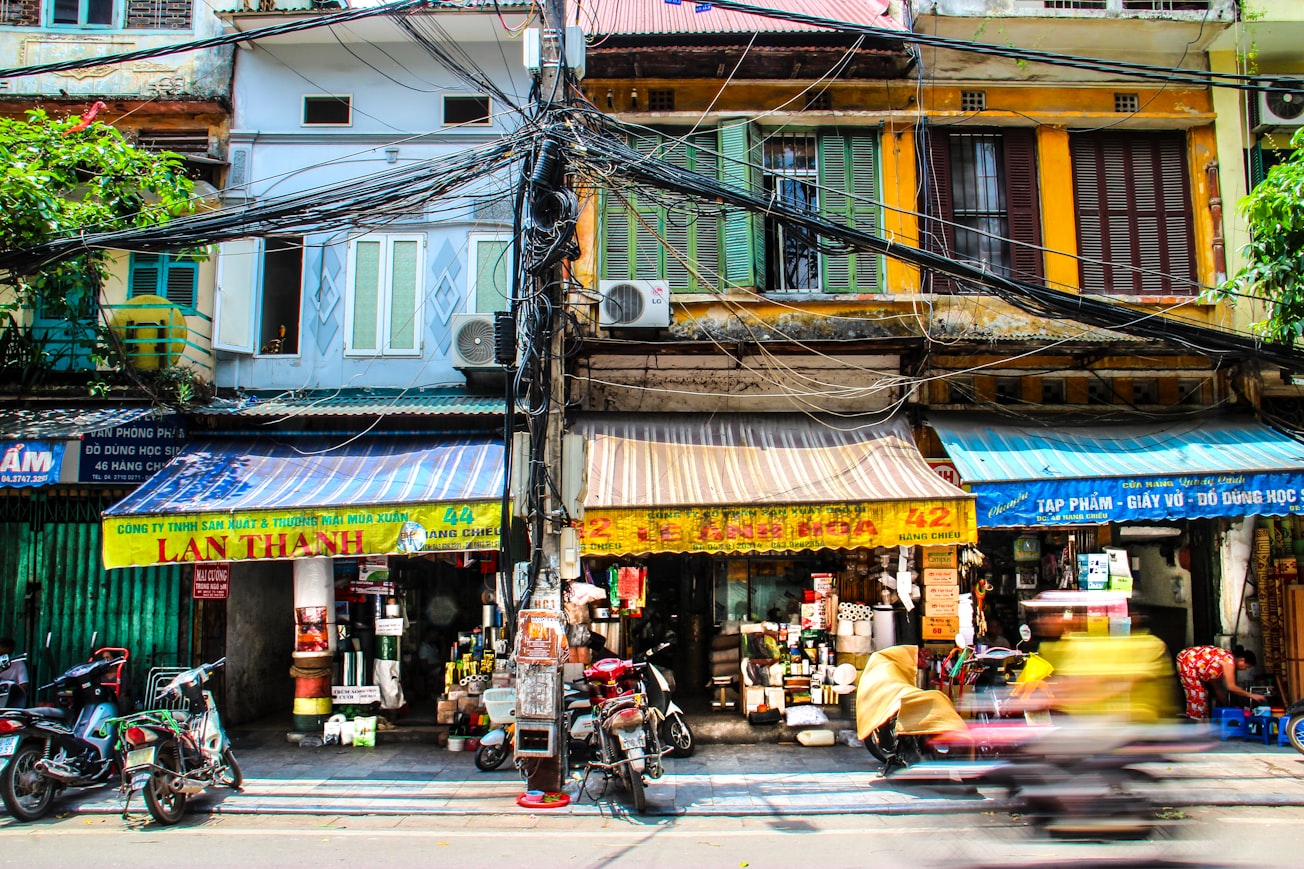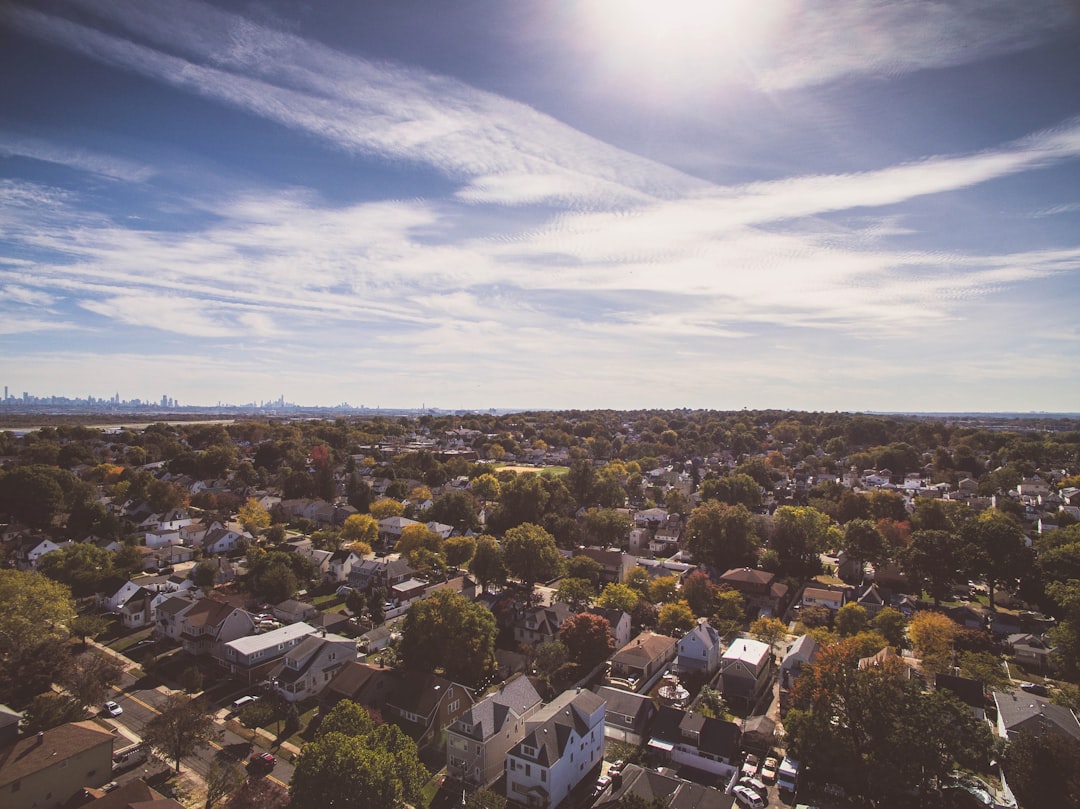What is it about?
This paper reflects on urban planning approaches for adapting to climate change in developing countries outside of major cities, where resources and technical expertise are often lacking. Community and civil society based approaches are demonstrated to be effective when integrated with climate change science, building on on-the-ground knowledge and experiences of recent extreme climate events.
Featured Image

Photo by Florian Wehde on Unsplash
Why is it important?
These case studies differ from many of the more heavily resourced examples of climate change adaptation in Asia as they approach smaller cities, which although not as big on an individual basis, account for most of the developing world's current and emerging urban population. As such, effective techniques for dealing with these different socio-political environments are essential for mainstreaming climate adaptation planning.
Read the Original
This page is a summary of: In support of urban adaptation: a participatory assessment process for secondary cities in Vietnam and Bangladesh, Climate and Development, February 2014, Taylor & Francis,
DOI: 10.1080/17565529.2014.886991.
You can read the full text:
Resources
Assessment of Climate Change Risks and Adaptation Options for Secondary Cities in Southwestern Bangladesh and Central VietNam
Final project report: ARCP2011-20NSY-McEvoy Final Report submitted to the Asia-Pacific Network for Global Change Research
Climate Change Risk Assessment Toolkit for Secondary Cities in Bangladesh and Vietnam
Toolkit developed for the project titled 'Assessment of Climate Change Risks and Adaptation Options for Secondary Cities in Southwestern Bangladesh and Central Vietnam'
Contributors
The following have contributed to this page










